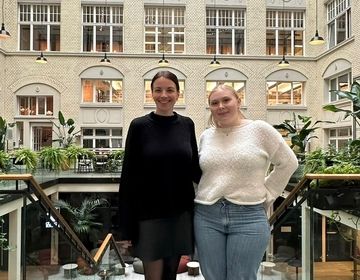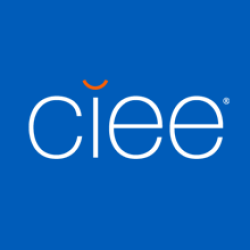Meet 3 Female Founders who call Berlin Home
The face of the tech world is changing to reflect the various perspectives of user markets worldwide, and that means the gender gap is slowly but surely closing in. Research suggests that having more women in tech would lead to better performance and more diversified products, as well as inspire other women to go for their goals.
Only 9% of Berlin startups have a woman at the helm, which is much less than US counterparts like Silicon Valley and New York. However, in general, the percentage of funding rounds going to female-headed startups — especially in the seed stage — has been steadily increasing globally over the years.
An excellent example of this is Doreen Huber, who founded her first company at age 18 and is now in charge of her fourth company, Lemoncat, an online marketplace for business catering operating in 280 cities in Germany with plans to expand globally. Huber places a lot of value on building her startups with the right people and her rule of thumb is “professionals want to work with professionals”, and it’s this quality over quantity approach to hiring that is fundamental to her startup successes.

Women are also succeeding entrepreneurially in traditional fields, such as the public sector. Janina Mütze, who was featured on Forbes’ “30 Under 30” list in 2018, co-founded Civey to deliver representative opinion data to clients. Having garnered financial support from Investitionsbank Berlin’s ProFit program and the European Regional Development Fund, it ended up generating 21 million users within two years, thus becoming Germany’s biggest market research panel. Mütze says that a good network is key if you are a woman pushing for success in the tech scene and that as a product or company, you need to guarantee a certain amount of authenticity — and privacy — in order to gain clients’ trust. She also recognizes the importance of female leaders to set an example.
Emerging tech segments such as Femtech (women’s health products) were once thought of as a niche industry but this convergence of digital health and wellbeing products are now lauded as the next biggest segment within healthcare and have received over $1 billion in funding over the last three years. A pioneer of Femtech is Ida Tin, a Danish entrepreneur who co-founded the popular period and ovulation-tracking app Clue in Berlin, which is now a global success story that is transforming millions of users’ reproductive lives.
Related Posts

The Ultimate Guide to Summer Study Abroad
A summer study abroad experience is the best. With good weather, unbelievable global destinations, and the chance to earn extra credits toward your degree, you just can’t beat a summer... keep reading

Inside a Berlin MedTech Start-Up: Max Beach’s Role at UniWearables
Maxwell Beach and His Internship Experience at UniWearables We had the chance to talk with Maxwell Beach, one of our Internship students at CIEE Berlin this Fall Semester. Max is... keep reading

Internship Spotlight: Jordyn Forni at Fyrce Care
Meet Jordyn Forni, one of our Open Campus Fall 2025 students! Jordyn has been in Berlin since August, completing both Block I and II. During her time here, she interned at Fyrce Care, a Berlin-based startup and digital platform focused on fertility and reproductive awareness.

